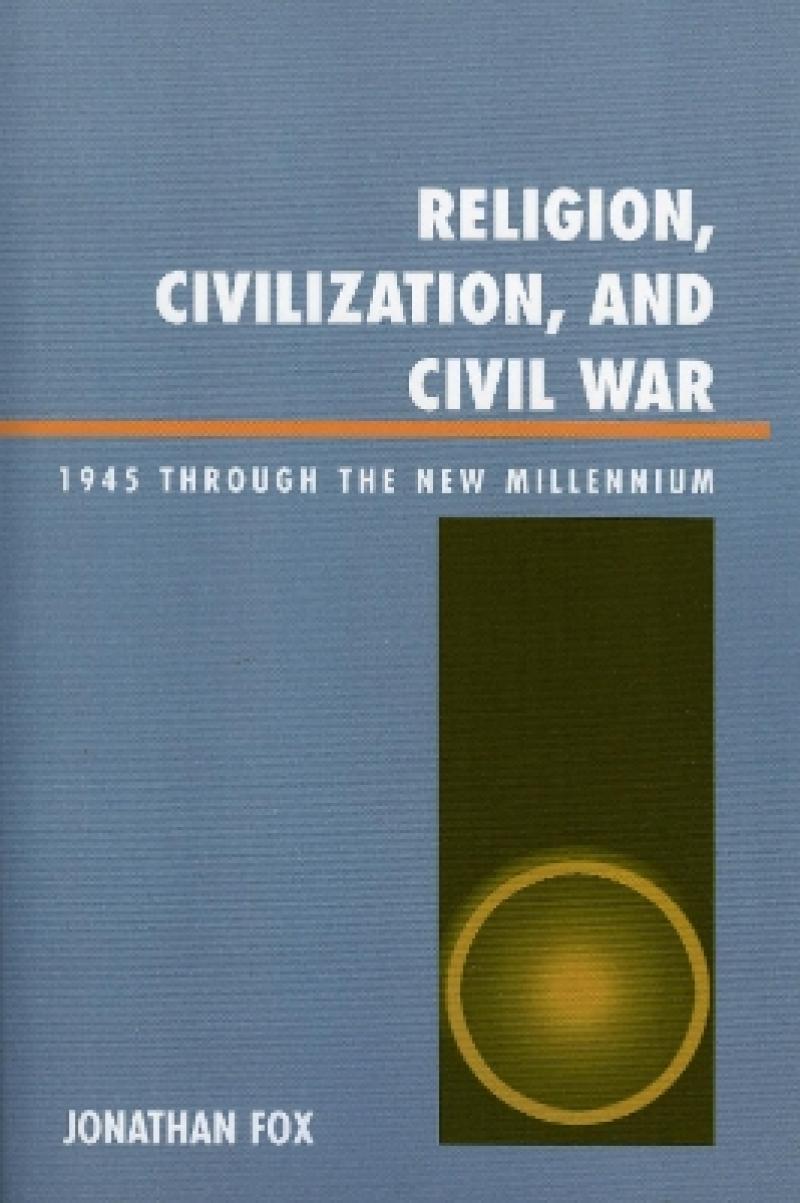Religion, Civilization, and Civil War is a fascinating book. Fox provides a thorough analysis of ethnoreligious conflict in the era after World War II. His data analysis is a welcome change from polemics for or against the idea of a clash of civilizations — in fact, religion's impact on conflict is revealed systematically to be greater than that of civilization. The study also shows that religious conflict can be distinguished from other kinds along various significant dimensions. Fox's book should be required reading for all of those interested in conflict processes, religious or otherwise.
- Patrick James, University of Missouri-Columbia,
Fox gives us a reasoned, insightful and comprehensive approach to the role of religion in international conflict. He avoids the pitfalls of the current debate, moving discussion to a deeper intellectual level. This is a must read for policy makers and scholars of international relations.
- Rachel McCleary, Harvard University, Weatherhead Center for International Affairs,
Highly Recommended.
CHOICE
From the Puritan Revolution to the Reverend Martin Luther King to the Ayatollah Khomeini, religion has been central to resistance, rebellion, and revolution. Jonathan Fox’s important new book explores the impact of religion on many different types of internal wars from 1945 to the present. His synthesis of existing data sets and theoretical propositions sheds new light on the interrelationship of religion and ethnicity and on the civilizational basis of contemporary conflicts. Students of comparative and international politics, especially those interested in contentious politics, will want to extend—and refute—his findings.
- Mark Irving Lichbach, University of Maryland,
